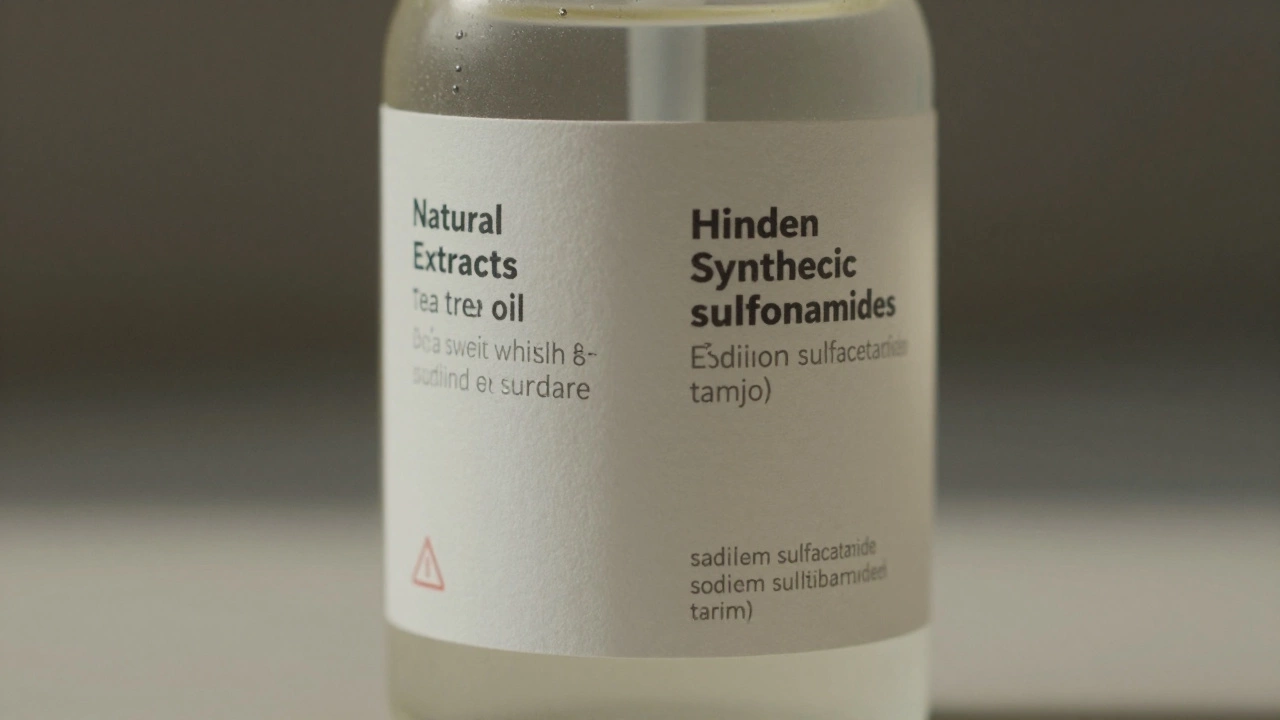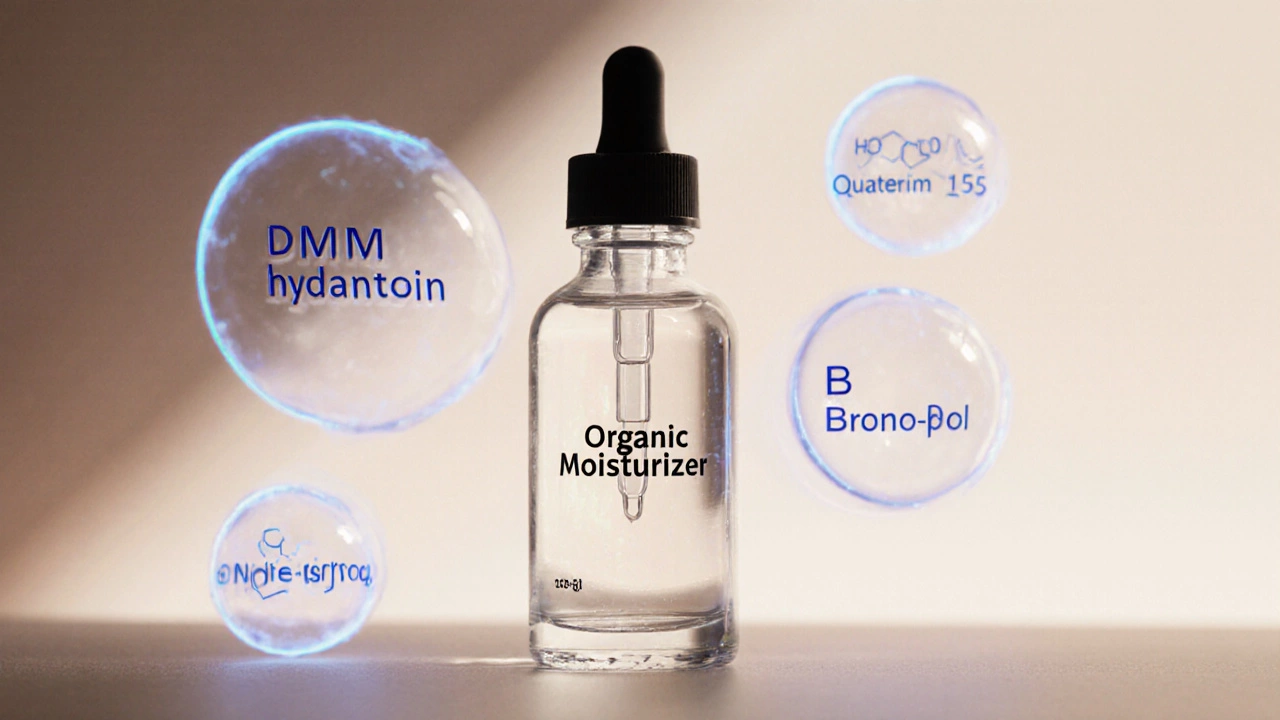Organic Skincare – Simple Tips for Real Glow
Wondering why organic skincare is getting so much buzz? It’s not just a trend – it’s about giving your skin ingredients that are grown without synthetic chemicals, then using them in a way that actually works. Below you’ll find down‑to‑earth advice that you can start using today, no matter what your skin type is.
What Makes Skincare Truly Organic?
First things first: “organic” isn’t a free‑for‑all label. A product earns that badge when its plant‑based ingredients are cultivated without pesticides or GMOs, and the final formula follows strict processing standards. Look for certifications like Soil Association or ECOCERT on the packaging. If a brand only calls its ingredients “natural” but the processing involves harsh solvents, you’re not getting the full benefit.
Another clue is the ingredient list. The first three items should be recognizable plant extracts – think chamomile, aloe vera, or rosehip oil – not a string of chemical‑sounding names. Also, consider the package: recyclable glass or biodegradable tubes show the brand cares about the environment as much as your skin.
Easy Organic Routine for Everyday
Now that you know what to look for, let’s build a simple routine. Start with a gentle organic cleanser. Choose one that mentions ingredients like oat, green tea, or cucumber – they clean without stripping the skin’s natural barrier.
After cleansing, apply a light organic serum. Vitamin C from organic citrus extracts or ferulic acid from oats can brighten and protect against free radicals. Pat it in gently; you don’t need to rub hard – the skin loves a soft touch.
Finish with a moisturizer that contains nourishing oils such as jojoba, squalane, or shea butter. These lock in hydration and keep the barrier strong. If you’re prone to breakouts, look for a non‑comedogenic formula with tea tree or neem.
Bonus tip: swap out your weekly mask for a DIY honey‑and‑turmeric paste. Both are naturally antimicrobial and give a quick glow boost.
Choosing a brand can feel overwhelming, but focusing on a few key players makes it easier. Brands that frequently appear in dermatologist‑recommended lists include Eminence Organic Skincare, known for its farm‑to‑face sourcing, and smaller boutique lines that publish full ingredient origins. When you spot a brand that offers transparent sourcing info and third‑party certification, you’re likely in good hands.
Finally, remember that organic skincare works best when you pair it with healthy habits. Drink plenty of water, get enough sleep, and protect your skin from the sun with an organic mineral sunscreen. Your skin will thank you with a natural, lasting glow that no filter can fake.
Ready to give your skin the organic boost it deserves? Start with one product, watch how it feels, and build from there. Small, consistent steps lead to big changes, and you’ll soon see why more people are turning to organic for real, lasting results.












